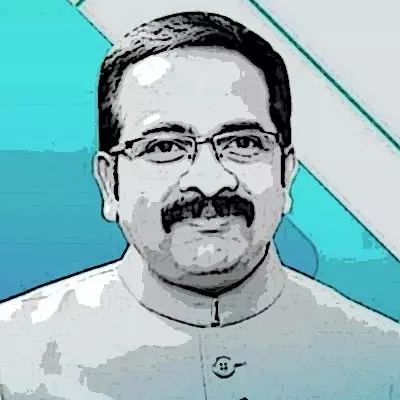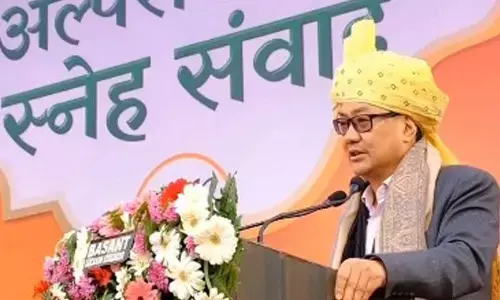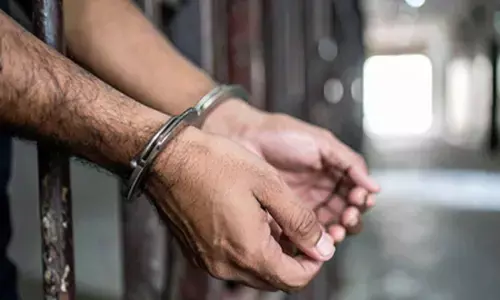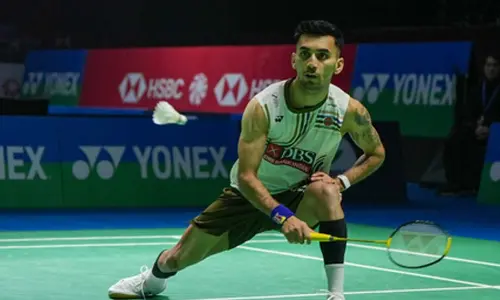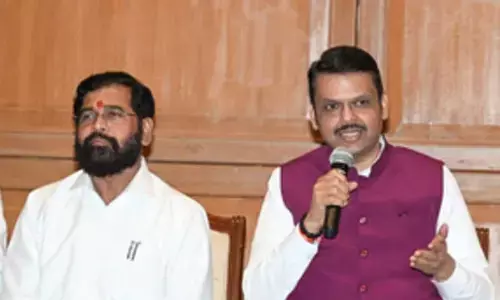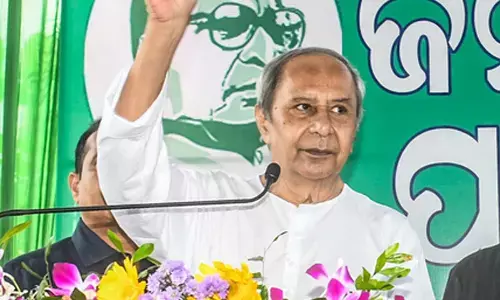Trouble @Twitter
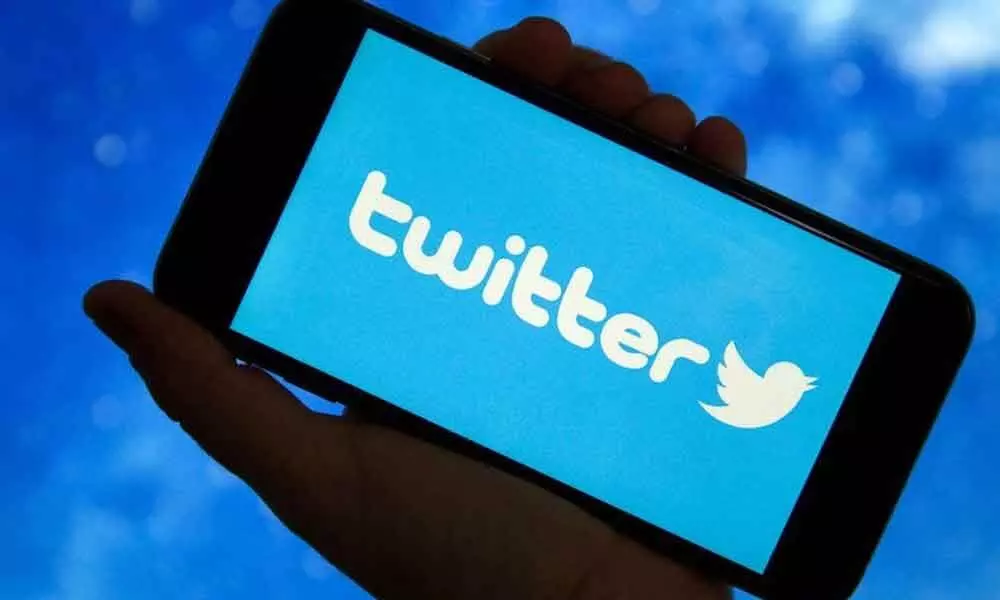
Trouble @Twitter
Twitter has turned 15 this year. Could it be a coincidence that Twitter is in deep trouble in India, while it celebrates this milestone? Has it come of age or did it deviate from its stated purpose on which this enterprise was founded?
Twitter has turned 15 this year. Could it be a coincidence that Twitter is in deep trouble in India, while it celebrates this milestone? Has it come of age or did it deviate from its stated purpose on which this enterprise was founded?
Jack Dorsey - the founder CEO of this mega social networking platform, has plenty of commercial reasons to be nosey and provocative on ruling parties and incumbent governments across the world. Twitter has repositioned itself from a mere social media platform when it was founded in 2006, to an iconic platform for anti-government, anti-national,anti-social, revolutionary and even militant voices sometime in the last decade. Twitter's brand re-positioning has earned it billions of dollars all these years, no wonder Jack has been treading the same path in India.
Twitter is trying to leverage democracies for its commercial advantage. This company understands that democratically elected governments are not agile in making decisions.Twitter knows collective decision-making, constitutional checks and balances, legal framework, opposition voice, public perception and free-press in a democracy can slow down the decision-making process. Especially, if governments intend to act against the re-positioned agenda of Twitter, to stroke unrest in the name of free speech and brazenly violate laws of the land.
Twitter is playing with the above push and pull forces. This enables it to hold elected governments for ransom with their commercial agenda of 'consistent user engagement' on their platform. Eventually, Twitter makes billions of dollars through advertisements and other revenue streams.
However, the government in India under the leadership of PM Narendra Modi is quite different than many other nations with whom Twitter has successfully played its 'engagement games'. Indian government has a stated agenda of 'minimum government and maximum governance'. Modi government works 24/7 to ensure the nation is governed with required speed of decision-making, while following due process.
Twitter can't take Government of India for a ride. Its recent attempts at it, will cost Twitter big-time sooner than later.
For Twitter, more chatter is more money. The ever-increasing user base with over 330 million active users on its platform, needs consistent engagement to keep users hooked and responsive.
Twitter's current business model has implications for both its revenue and continuity of business. In India, its renewed brand positioning and business model has hit a huge wall. It has to rework its brand positioning and business model to suit the conditions locally. However, it's easier said than done. The global positioning of the brand will take a hitif Twitter were to tweak its brand personality or showcase a perceptive weakness. The company is in an unenviable position, it is stuck between devil and the deep sea.
I am outlining four big reasons why Twitter is running into massive trouble in India. This global platform's future operations in India are quite uncertain.
Twitter brand positioning
After operating few initial years as a regular social media platform like Facebook, Twitter has re-positioned its brand globally as a platform for 'the outspoken and the restless'. The brand personality has been explicitly pronounced by ensuring the loudest among its users get the validatory blue ticks easily, in comparison to the moderate voices.
Through the algorithm of Hashtags, twitter has hit hot buttons in every nation to draw the perennial whiners and political opponents onto its platform. There are manyin every democracy who are desperate to voice their opinions and views, whether they have any substance, relevance or purpose.
This brand positioning drives twitter into a one-way street of being a rebel with a cause, platform for the anti-social, anti-national and anti-government. Twitter can no more re-position itself as a regular social media platform ever again, from its current position. It will not just lose all the 'loud tweeters' who draw million others onto its platform, but it will also lose billions of dollar revenues for the same reason.
The serious trouble brewing for Twitter in India, is driven out of this irreversible and aggressive brand positioning.
Twitter nation
Twitter believes it is a nation by itself. Its belief is driven out of the user base of over 330 million, who are actively engaged globally on a daily basis. Imagine the power to have users who outnumber the population count of over 90% of nations on this planet. That is the power that Twitter CEO Jack Dorsey has been experiencing since a decade, every day.
No wonder, Twitter CEO feels intimidated and challenged when the Government of India demands compliance to the laws of the land. It's not just his pride, but the brand personality he has built for Twitter, which doesn't allow the enterprise to be a rule-follower and law- abiding entity. Twitter has been promoting the herds who break or bend rules, who spew venom, hatred andchallenge the law-and- order of their own nations.
Twitter is in trouble for its self-created faulty notion of being a virtual-nation. Twitter acts as if it is unbound by any laws, rules and regulations. This make-believe world has lasted so far. However, it might not work in India. Lawlessness, insubordination and anarchy will not be tolerated in India under the leadership of PM Narendra Modi.
Leveraging democracy
Twitter is banned in China, Russia, Turkey, North-Korea, Egypt, Iran and Nigeria. Twitter doesn't make any noise on these nation's conditions, their human-rights, oppression of free-speech nor does it promote any revolutionary global hashtags about these nations.
Twitter feeds on democracy. It leverages the spirit of democracy to make billions of dollars. In the guise of freedom-of-expression, Twitter enables and empowers those who wish to drive social-unrest, disharmony, hate and resentment against elected governments.
The largest democracy of the world does not need lessons in free-speech, journalist freedoms, civic-rights, social-justice and religious tolerance from a bunch of half-baked, irresponsible, ignorant keyboard-punchers sitting half-way across the world in their T-shirts and short pants.
India doesn't allow anyone to meddle with its internal affairs, and Twitter by no means has a veto on this policy. Government of India is an elected law-making and enforcing body. It is empowered by its people to protect, enable and enforce the constitutional rights and responsibilities of its citizens.
Twitter also prevails on the natural weaknesses of a democracy in comparison to a dictatorial regime. Elected governments in democracies are wary of public perception, public image, display of democratic credentials unlike monarchies and single-party ruled nations.
Twitter survives its market position by challenging the ruling parties and incumbent governments in democracies to display its courage, rebel image and the rule breaker attitude.This further enhances its brand and increases user-engagement, leading to more revenues. Twitter finds natural support in opposition parties, dissenting social blocks, empty crusaders who are looking to destabilize the incumbent.
Twitter globally depends on the incumbent government's hesitancy to make decisions in the fear of losing out on public perception, democratic credentials and voter migration.
Unruly double standards
Twitter after all, is a commercial enterprise like millions of others in this world, with a singular motive of making profits and incrementing share-holder value.
It has to operate like any other business through compliance to the laws of the land, if it wishes continuity of operations in any nation. India is no different. In a democracy, no one is above law. Twitter is no exception.
Twitter acts on random individual users by unticking, deplatforming, shadow banning, deleting posts and tagging manipulated remarks, in accordance with its internal regulations. The same applies to a nation too. Government of India will enforce its regulations, if Twitter were to be found transgressingand not comply.
Twitter has showcased visible double-standards in its enforcement of internal regulations across the globe in general, and India in particular. There are many instances, where the disciplinary actions Twitter takes against the alleged violators on its platform, doesn't seem fair. Many such cases in the past highlight prejudice, partisanship, subjectivity and biased conjecture.
Twitter is certainly in trouble for its explicit double standards in their own policy execution.
In conclusion, non-compliance with Indian laws is what's going to drive Twitter into serious mess in the near future. Twitter can't blame anyone else than its own non-standardised operational processes, for all the trouble it is facing in India.
(The author is the chief spokesperson of BJP / an organisational strategist)

